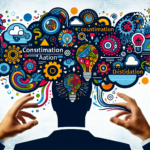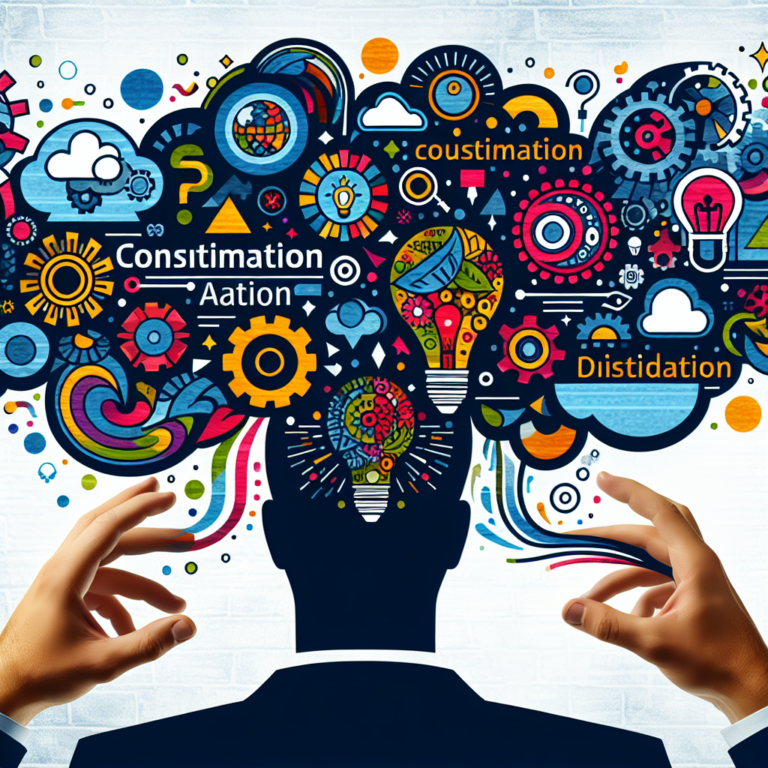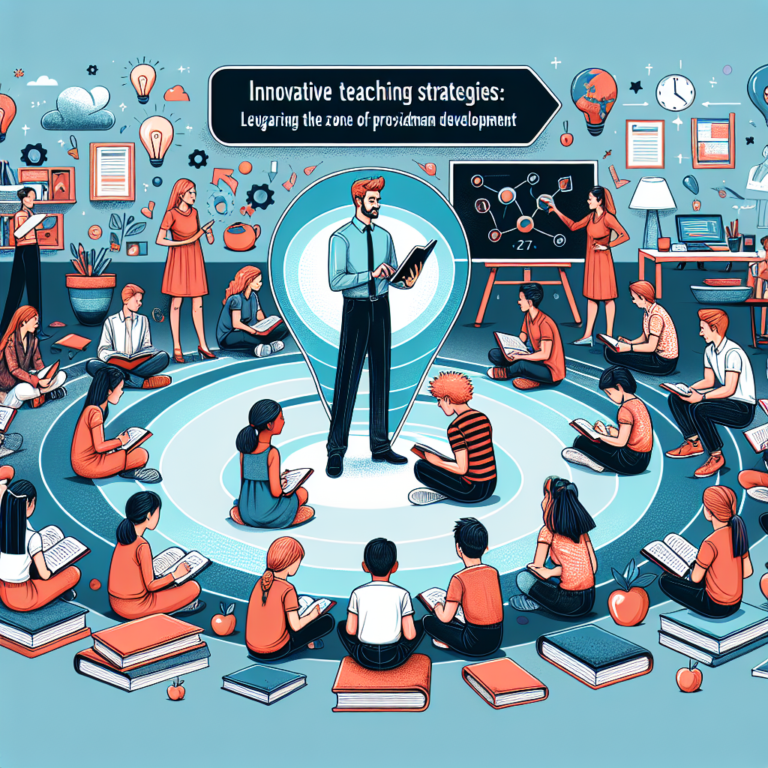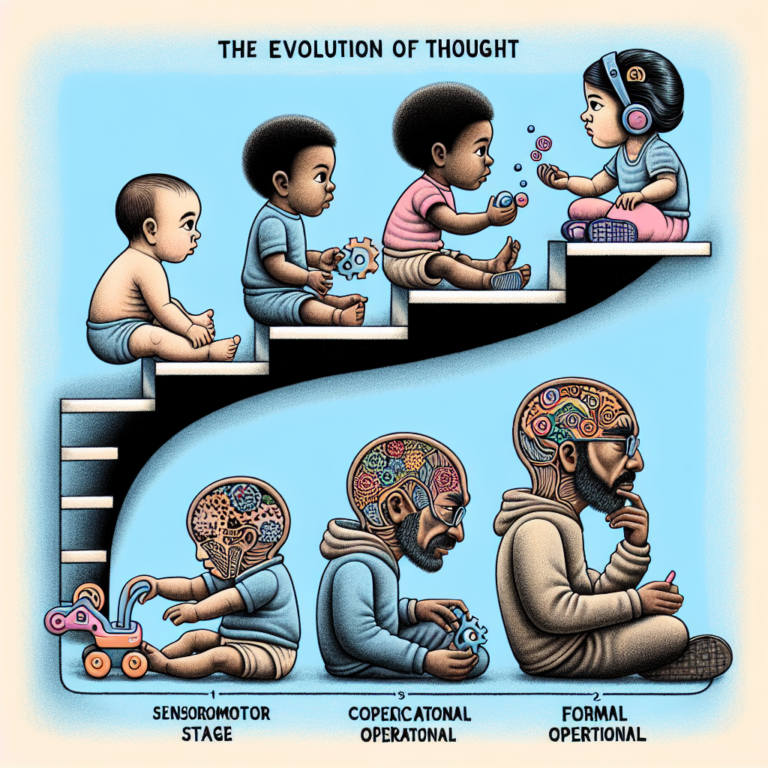
Introduction
In an age where information is abundant and distractions abound, mastering one’s mind has become more critical than ever. Master Your Mind: The Role of Metacognition in Personal Development delves into a powerful psychological concept that can transform how you learn, think, and grow. Metacognition—essentially thinking about one’s own thinking—empowers individuals to become astute observers of their cognitive processes. Understanding and harnessing this skill can propel you towards enhanced personal and professional development, shaping a more profound connection to your goals, aspirations, and challenges.
Why Metacognition Matters
Imagine going into a meeting knowing exactly how you can contribute effectively, or tackling a complex problem with a strategic approach. Metacognition provides the tools to achieve these outcomes. It fosters self-awareness and empowers you to track your cognitive progress, enabling you to take control of your learning journey. As you delve deeper into this article, you will uncover practical strategies to master your mind through metacognitive practices.
Understanding Metacognition
What is Metacognition?
At its core, metacognition involves two main components: metacognitive knowledge and metacognitive regulation.
Metacognitive Knowledge refers to what we know about our own cognitive processes. This includes our understanding of our strengths, weaknesses, and strategies for learning.
- Metacognitive Regulation entails the processes we use to control our cognitive activities. This could involve planning how to approach a task, monitoring one’s own comprehension, and evaluating the effectiveness of learning strategies.
The Importance of Metacognitive Skills
Research has shown that individuals who employ metacognitive strategies tend to perform better academically and in various life situations. For example, students who assess their understanding of a subject before an exam tend to receive higher grades. Likewise, metacognitive skills can enhance critical thinking, emotional regulation, and decision-making.
The Science Behind Metacognition
Research Insights
A study conducted by the University of Cambridge found that students who actively engage in metacognitive strategies increase their academic performance by up to 30%. This highlights the robust connection between metacognition and effective learning.
Table 1: The Impact of Metacognitive Strategies on Academic Performance
| Study | Participants | Improvement (%) |
|---|---|---|
| University of Cambridge | 300 students | 30% |
| Stanford University | 200 students | 25% |
| Harvard University | 150 students | 20% |
Case Study: Self-Regulated Learning
Consider the case of a university student, Alex, who struggled with time management and exam anxiety. After learning about metacognitive techniques, he began setting aside specific times to study and actively reflected on what strategies were working for him. His grades improved, and he reported feeling more in control of his studies. This is an example of how mastering metacognition leads to personal development.
Practical Strategies to Improve Metacognition
1. Self-Reflection
Self-reflection is a powerful tool for increasing metacognitive awareness. By regularly assessing your thought processes and emotional responses, you become more capable of identifying strengths and weaknesses.
How to Practice Self-Reflection
Journaling: Maintain a journal where you document your thoughts and feelings related to your learning experiences.
- Daily Reviews: Spend a few minutes each day reflecting on what went well and what could be improved.
2. Setting Goals
Setting explicit, measurable goals can focus your metacognitive efforts on specific outcomes. This involves defining what you want to achieve and the strategies you’ll employ to get there.
Goal-Setting Framework
| Goal Type | Specific Action |
|---|---|
| Short-term | Complete three chapters of a textbook by the end of the week. |
| Long-term | Achieve a degree in five years while maintaining a GPA of 3.5 or higher. |
3. Monitoring Comprehension
Becoming aware of when you understand something versus when you do not is crucial. Use methods like self-quizzing or summarizing in your own words to assess your understanding of concepts.
4. Seeking Feedback
Constructive feedback helps you calibrate your understanding and refine your strategies. Welcome input from peers, mentors, or instructors, and use it to adjust your approach.
5. Adapting Strategies
Flexibility is a hallmark of effective metacognition. Be open to experimenting with different learning strategies, and don’t hesitate to pivot when something isn’t working.
The Role of Metacognition in Emotional Intelligence
Understanding Emotional Metacognition
Emotional metacognition involves being aware of how we feel and recognizing how these feelings influence our thoughts and behaviors. This can lead to healthier responses to stress and conflict.
Case Study: Emotional Awareness in Leadership
Emma, a corporate leader, faced challenges while managing her diverse team. By applying metacognitive strategies to assess her emotional responses, she learned to recognize when her emotions clouded her decision-making. As a result, her leadership improved significantly, demonstrating that mastering metacognition can have wide-reaching effects beyond personal development.
Overcoming Obstacles to Metacognition
Common Challenges
- Cognitive Biases: Our brains are wired to favor familiar thought patterns, which can hinder growth.
- Fear of Failure: This can prevent us from reflecting deeply on our processes.
Strategies to Overcome Challenges
Acknowledge Cognitive Biases: Regularly challenge your assumptions and seek diverse perspectives.
- Embrace Failure: Develop a mindset that views failure as a learning opportunity rather than a setback.
Conclusion
Mastering your mind through metacognition is not just an academic exercise; it is a pathway to profound personal and professional growth. By engaging with the concepts outlined in Master Your Mind: The Role of Metacognition in Personal Development, you can harness the power of self-awareness, strategic thinking, and emotional intelligence.
As you begin to incorporate these metacognitive strategies into your daily life, remember that the journey is ongoing. With practice, patience, and dedication, you’ll find yourself more equipped to navigate the complexities of life, ultimately leading to a more fulfilled and effective you.
FAQs
1. What is metacognition?
Metacognition refers to the awareness and understanding of one’s own thought processes. It involves self-regulation and reflection on how we learn.
2. How can I improve my metacognitive skills?
You can improve your metacognitive skills by practicing self-reflection, setting clear goals, monitoring your understanding, and seeking feedback.
3. Why is metacognition important for personal development?
Metacognition enhances self-awareness and critical thinking, enabling individuals to pursue their goals more effectively and adapt their learning strategies.
4. Can metacognition help with emotional regulation?
Yes, being aware of our emotions and understanding how they influence our thoughts can lead to healthier emotional responses.
5. What role does feedback play in metacognition?
Feedback allows individuals to reassess their strategies and understanding, fostering growth and iterative learning.
By harnessing the power of metacognition, you can truly master your mind and unlock your full potential. Start today, and watch as your personal development journey unfolds.














